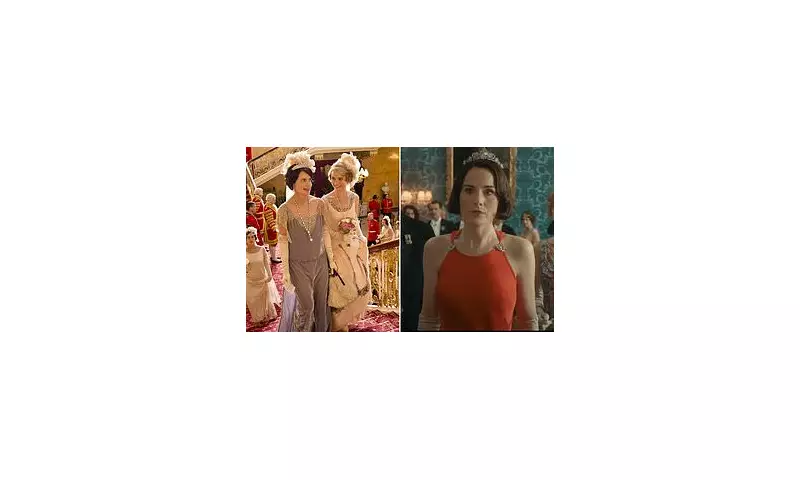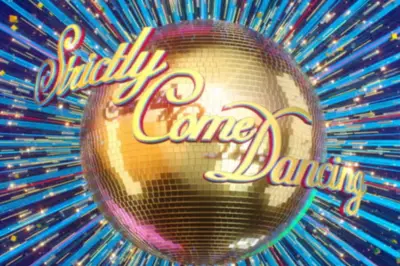
The much-anticipated return of the Downton Abbey franchise to the big screen has been caught in a modern-day cultural crossfire. The upcoming film has been issued a so-called 'woke' trigger warning for its use of historical language that contemporary audiences might find offensive.
The warning, highlighted by media outlets, specifically points to terms like 'tart' and 'trollop' being used within the film. These words, authentic to the early 20th-century setting of the aristocratic drama, are now being flagged as 'classist insults' that could upset viewers.
A Clash of Eras
This move has ignited a fierce debate among fans and commentators. On one side, advocates argue that such warnings are a necessary courtesy, allowing audiences to prepare for or avoid language they might find distressing. It's seen as a simple act of inclusivity in modern cinema.
Conversely, critics have lambasted the decision as anachronistic and unnecessary. They argue that applying 21st-century sensitivities to a drama meticulously crafted to reflect a bygone era undermines historical authenticity. For many, the very point of period pieces like Downton Abbey is to explore the social mores—including the often harsh language and class divisions—of the time.
Public Reaction and Industry Trends
The news has sparked considerable discussion on social media, with the terms 'woke' and 'trigger warning' trending alongside the film's title. The incident is part of a broader, ongoing conversation within the arts and entertainment industry about how to handle content from the past that conflicts with present-day values.
This is not an isolated case. Recent years have seen classic films and television shows re-edited, re-contextualised, or given similar warnings for content now deemed problematic. The handling of the Downton Abbey film is being viewed as the latest example of this trend, testing the balance between preserving artistic integrity and adapting to evolving societal norms.
As the release date approaches, all eyes will be on whether this pre-release controversy affects the film's reception at the box office, particularly amongst its dedicated fanbase who cherish its historical depiction.





